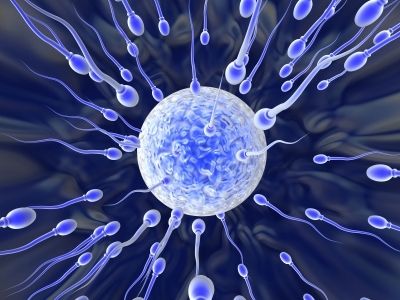Although many women are looking forward to getting pregnant, it is not an easy task. You need your body humming with fertility, and that is only possible when you follow some precautions during the IVF cycle. Also, some foods should be avoided during the IVF cycle to get more positive results.
Certain studies suggest consuming or avoiding a few dietary items throughout your IVF cycle might be quite advantageous. They can boost fertility and aid in conception for women. High-quality sperm and eggs are necessary for a successful pregnancy. You can have a healthy pregnancy with a few tweaks to your eating and lifestyle choices, which will also benefit your unborn child. The physicians at Apollo Fertility will advise you on how to enhance your nutrition, exercise routine, and general way of life in order to have a safe pregnancy. For those of you who are unaware, continue reading to learn what foods to consume and avoid while undergoing IVF.
Foods To Avoid During In Vitro Fertilization Cycle
While there is no specific “IVF diet,” certain foods should be avoided to optimize your chances of success. Here are some of the foods you should avoid during an IVF cycle:
- Caffeine: Caffeine is a stimulant that can increase stress levels and interfere with sleep, both of which can negatively impact your IVF cycle. Studies have shown that consuming more than 200 milligrams of caffeine per day may reduce your chances of conception. It is recommended that you limit your caffeine intake to one cup of coffee per day or switch to decaf during your IVF cycle.
- Alcohol: Alcohol consumption during an IVF cycle is strongly discouraged. It can interfere with the hormonal balance in your body, leading to decreased fertility and an increased risk of miscarriage. In addition, alcohol can increase stress levels, which can also impact your IVF cycle.
- Trans fats: Trans fats are unhealthy fats that are commonly found in processed foods, fried foods, and baked goods. They can increase inflammation in the body, which can negatively impact your fertility. It is recommended that you avoid foods that contain trans fats and opt for healthier fats, such as those found in nuts, seeds, and avocados.
- Sugar: Consuming too much sugar can cause insulin levels to spike, which can disrupt hormonal balance in the body. In addition, sugar can cause inflammation, which can negatively impact your fertility. It is recommended that you avoid processed foods and sugary drinks and opt for whole foods that are low in sugar.
- Soy products: Soy contains phytoestrogens, which are plant-based compounds that mimic estrogen in the body. Consuming too much soy during an IVF cycle can disrupt hormonal balance and interfere with the development of follicles in the ovaries. It is recommended that you limit your intake of soy products, such as tofu and soy milk, during an IVF cycle.
- High-mercury fish: Fish that are high in mercury, such as swordfish, shark, and king mackerel, should be avoided during an IVF cycle. Mercury can interfere with the development of eggs and sperm and increase the risk of birth defects. It is recommended that you opt for low-mercury fish, such as salmon and shrimp, instead.
- Processed meats: Processed meats, such as bacon, sausage, and deli meats, contain high levels of preservatives and additives that can negatively impact your fertility. In addition, these meats are often high in saturated fat, which can increase inflammation in the body. It is recommended that you opt for lean meats, such as chicken and turkey, instead.
- Gluten: Gluten is a protein present in wheat, barley, as well as rye. Some women may have a sensitivity to gluten, which can cause inflammation and negatively impact fertility. It is recommended that you try a gluten-free diet during an IVF cycle to see if it improves your chances of conception.
- Cheese: Many people think that cheese is a great source of calcium, but unfortunately, too much of this dairy product can have a negative impact on your fertility. Cheese contains natural sugars that can bind with female hormones and block their absorption into the bloodstream. So if you’re going to indulge in cheese during your IVF cycle, do so sparingly or just once or twice a week.
Wrapping Up-:
In addition to avoiding certain foods, it is important to focus on a healthy, balanced diet during an IVF cycle. You should aim to eat plenty of fruits and vegetables, lean proteins, and whole grains. It is also indispensable to stay hydrated by drinking plenty of healthy fluids and water.

As the editor of the blog, She curate insightful content that sparks curiosity and fosters learning. With a passion for storytelling and a keen eye for detail, she strive to bring diverse perspectives and engaging narratives to readers, ensuring every piece informs, inspires, and enriches.










